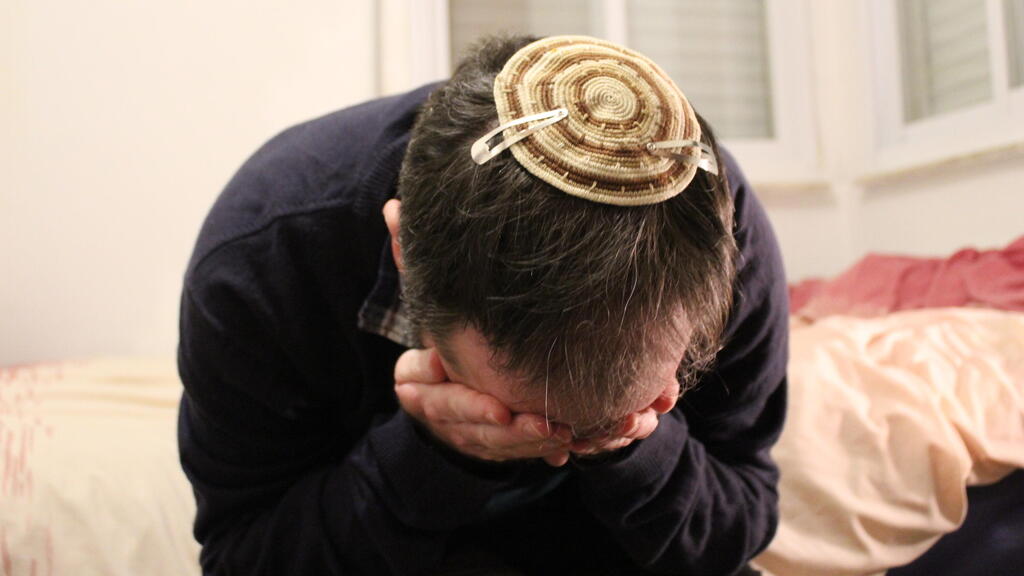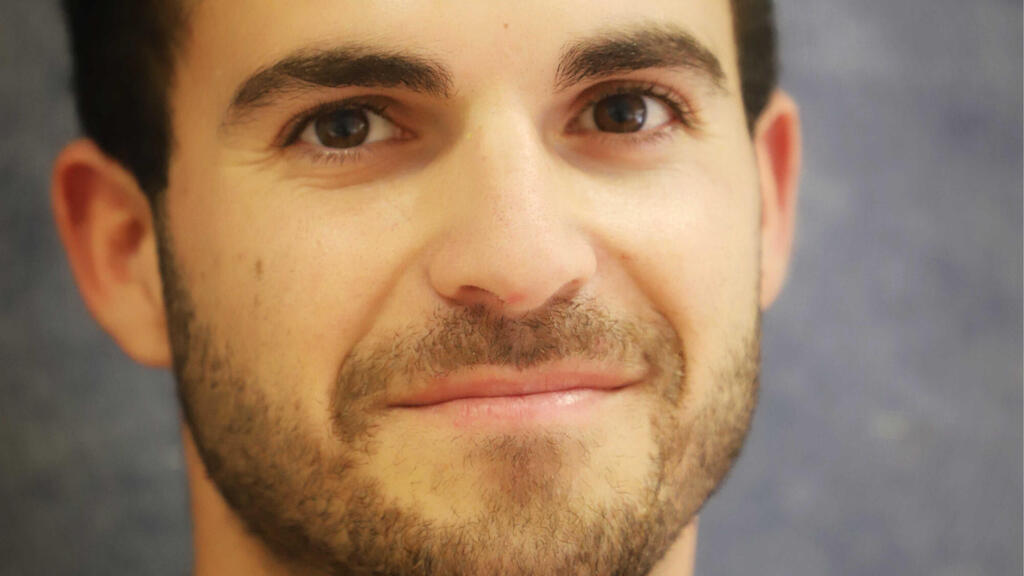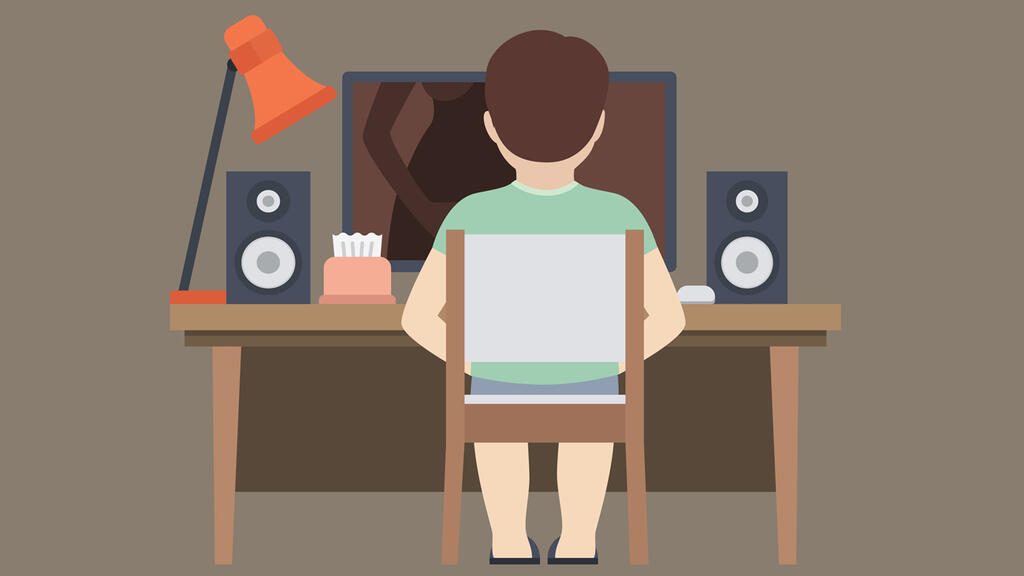Single men in Israel’s Religious Zionist sector often fall between the cracks. They don't marry young like their ultra-Orthodox peers and unlike secular Jewish men, they are expected to abstain from pre-marital sexual relations which could cause them much distress.
Many religious men struggle with the expectation of celibacy before their nuptials, especially considering Jewish law prohibits masturbation.
How severe is the predicament, and do more observant people necessarily suffer more from feelings of guilt? A team of researchers at Ariel University’s Department of Psychology is studying just that.
"A clear link was found between guilt and shame as a result of sexual behavior that goes against Jewish law, and a higher degree of anxiety, depression, and dissatisfaction with life," says Yehuda Vax, a doctoral student specializing in rehabilitation psychology, who conducted the research in collaboration with Prof. Ari Lazar.
"The higher people reported their levels of religious observance, both in terms of behavior and belief, the more they reported feelings of guilt and shame for sexual behavior that are forbidden according to Jewish law.
What surprised you in your findings?
"We estimated that the correlation between guilt and shame and a rise in depression and anxiety would be stronger among those who were more pious in their religious practice, but found that the correlation between guilt and shame and mental health was more evident in men who were not very observant," he says.
How is that possible?
"The hypothesis is that a strictly observant man who hews to religious values might suffer guilt and shame when dealing with sex but on the other hand, religion can contribute to a person's mental well-being. Religion sometimes helps a person to better deal with negative emotions. Judaism allows for repentance, remorse, the mending of ways by distancing from sin, and acceptance of the future. When that process is done out of self-compassion rather than judgment, it can help a religious person deal better with the sense of guilt and shame and reduce their distress," Vax says.
"Our study examines these questions with more complexity. A high level of piousness correlates with high levels of guilt and shame but not necessarily to a diminished appreciation of life and an increase in depression and anxiety."
Vax, who himself is a 32-year-old Religious Zionist man, conducted the study as part of his master’s thesis. It was subject to peer review and was published in the prestigious Archives of Sexual Behavior journal.
The study surveyed 165 men aged 18-30 who identify as Religious Zionists, 92% of whom studied in religious institutions after completing their high school education.
Among the respondents, 83% reported having masturbated at least once over the past two months, and 70% said they masturbated at least once a week.
More than three-fourths of respondents admitted to watching porn at least once in the previous two months and nearly half said they watched porn over the past week.
"This is not necessarily a representative sample, but it indicates a phenomenon that exists to some degree," says Wax.
How do you determine how observant is a person?
I examined religious behavior such as participating in public prayer and such. I used credible and reliable questionnaires that are accepted in the research literature. I examined both the behavioral and the religious aspects, for example to what extent they believe that the Torah was given by the Lord. There was another questionnaire that tests the motivational part. To what extent do people perform religious acts out of a spiritual-religious belief."
Vax says his research examines a wide spectrum of religious people in Israel, some who considered themselves more observant and others more liberal.
"There is a conflict here, and I think it becomes more pronounced the longer people remain single. We used to get married at younger ages, which did not solve all conflicts, but allowed for an opportunity to fulfill sexual needs at a younger age. Religious Zionist couples are expected to have a relationship without the physical aspect, which is complicated," he says.
He says he chose to focus his research on the issue because it was rarely given much attention. “I think that there are more discussions being held on this topic in some religious institutions, but it’s not enough. When an issue is not being discussed, young people tend to think that they alone are struggling," he says.
Vax believes that fruitful discussion on these issues could help Religious Zionist men better deal with its difficulties better and prevent mental distress.




